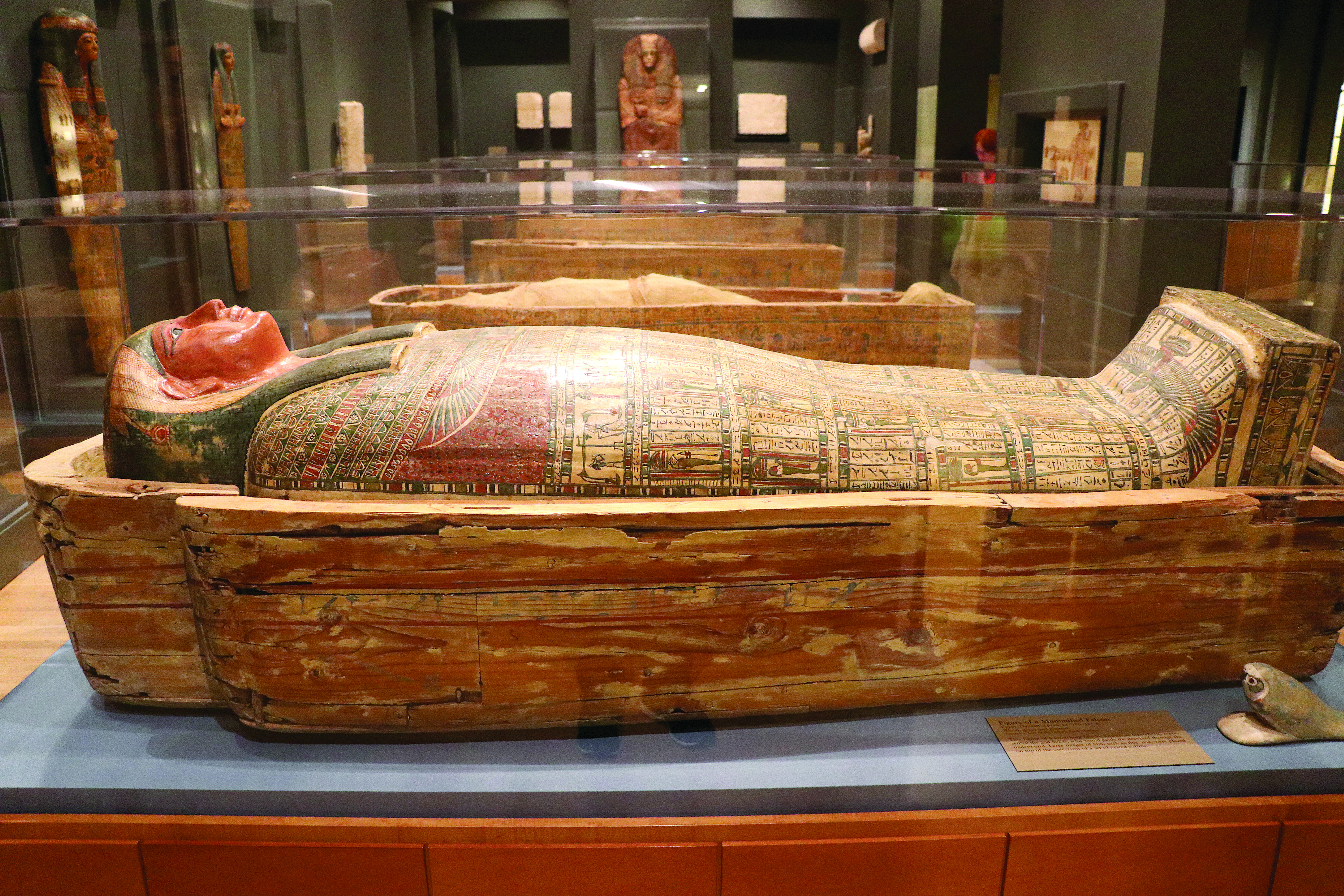Last Friday, I went to the Highland Lake apartment complex across from Clairmont. It has a gate, but everyone drives through the exit instead. Americans are innovators. My friend Tagg drove me there. His new car is orange. It’s the same make and model as his old car, but orange. It’s the kind of orange that makes you think, “He must land somewhere on the autism spectrum.” Or you might think, “The owner of that car must drink a lot of Fanta.” Coincidentally, Tagg does drink a lot of Fanta. Being Jewish, he was dismayed to discover our school’s benevolent donor, The Coca-Cola Company, created Fanta to export its products during the trade embargo with Nazi Germany. But, just as Bill my gay friend still eats Chick-fil-A despite being gay because, as he says, “My right to marry will not be impeded by a chicken sandwich,” so does Tagg affirm that, “Not even an army of Nazis can stop me from drinking Fanta.” That sentence is the new normal.
We arrived to a “pre-game.” A “pre-game” is the practice of drinking alcohol before you relocate to drink alcohol. It’s not as gluttonous as it sounds. I think the purpose is to enjoy your first drinks with closer friends and lower music volume. Many youths say, “It’s only alcoholism after you graduate.” If so, this is a fine practice. It is either frightening or miraculous that these people will one day be doctors. Then again, I am aware that my doctor still drinks like a college senior. But he only drinks on camping trips. Thanks, Obamacare.
What is there to say that hasn’t been said about Emory parties? All the usual stuff was there. One group was talking about Mali and the liberation of Timbuktu in between shots of Jägermeister. Another group was talking about their classes, because they didn’t know each other well. For all the socializing that goes on at this school, casual conversation always seems a little strained. Of course, my proposed classes, “Human Social Dynamics” and “Humor for Women Studies Majors,” were not approved. #RejectRejectTheCuts.
Naturally, with the emphasis that our great society (not The Great Society, LBJ had to give most of that one up – thanks, Vietnam) places on math and science over the more traditional master disciplines of history and philosophy, a more scientific approach must be taken to drinking and socializing. But who hasn’t had the entirely typical experience of walking into a party, pouring a drink and then being faced with blank stares when he loudly asks the question: “What is life?” Why doesn’t anyone answer? That’s a perfectly acceptable party conversation.
Also worth mentioning is the fact that it is either entirely appropriate (and at times, expected) to remove one’s pants at a party; yet there are still other times when this behavior is inappropriate. Very seldom does the expected code of conduct fall somewhere in the middle. In fact, if you really think about it, there are very few times in life when a casual, carefree attitude towards pants comes up. They’re either on or off for most people. Never just “Hey Tim, glad to see you could make it, coats on the bed … and if you’d like, you can just leave your pants in the pile over there.” That never happens. Sometimes with shirts, but exceedingly rarely with pants.
I tried to deny an offer to drink a shot of Jägermeister, because it makes me tell people exactly how I feel about them. I was nonetheless compelled to accept the shot because aspersions were cast upon my manhood. One friend literally pointed at my equipment and shouted, “I cast aspersions on your manhood.” Only at Emory. Unsurprisingly, a small group stopped talking about Mali and the liberation of Timbuktu to turn and chant, “[You are effeminate]!” On the gender binary scale, which is a social construction, I’d say my less-than-passable knowledge of organized sports, offset by my generally grumpy demeanor, puts me at a round 7. Since gender is a function of society, I did not want this particular sample of society to lower my score, so I took the shot of Jäger. Immediately, I turned to a girl and said, “Your head looks like a squash.”
Three shots later a girl told me, “I always felt like you didn’t like me when we were first getting to know each other.”
I replied, “No. That’s wrong. I just didn’t care about you. Which is much worse.”
She said, “Oh.”
I then found myself talking to the host of the party. She tried to convince me that the KKK is no longer a racist organization. She also has a tiny dog named after a princess from “Game of Thrones.” Everyone knows “Game of Thrones” is Saxon propaganda. But she isn’t completely racist: her boyfriend is tall, blond with blue eyes. They met in a bar. They had no previous interaction before that. Definitely not on the internet. Certainly not on OKcupid.com, the “Heart of Darkness” of online dating.
I don’t have an OKcupid account. But if I did, I might have met someone who said that Obama would take power for another eight years by “re-ratifying” the constitution. The South is not a good place to date. But again, I’ve never used OkCupid.
I guess it’s just a little depressing that this kind of party is really the top of the top. It really doesn’t get better than this, unless you believe in heaven or nirvana. And that’s when I realized there’s no shame in failure in America, because you still have it better than the rest of the world. Except the Swedes. So it doesn’t matter if you’re ugly or fat or stupid or lonely, because we have high-speed internet and Kroger and food stamps. Imagine if you were all those things (except fat) in Karachi. You’d be miserable. But no, we’re in America. The worst is fantastic, relative to everywhere else. There’s nothing wrong. There’s nothing wrong at all.
– By A.J. Artis
The Emory Wheel was founded in 1919 and is currently the only independent, student-run newspaper of Emory University. The Wheel publishes weekly on Wednesdays during the academic year, except during University holidays and scheduled publication intermissions.
The Wheel is financially and editorially independent from the University. All of its content is generated by the Wheel’s more than 100 student staff members and contributing writers, and its printing costs are covered by profits from self-generated advertising sales.





